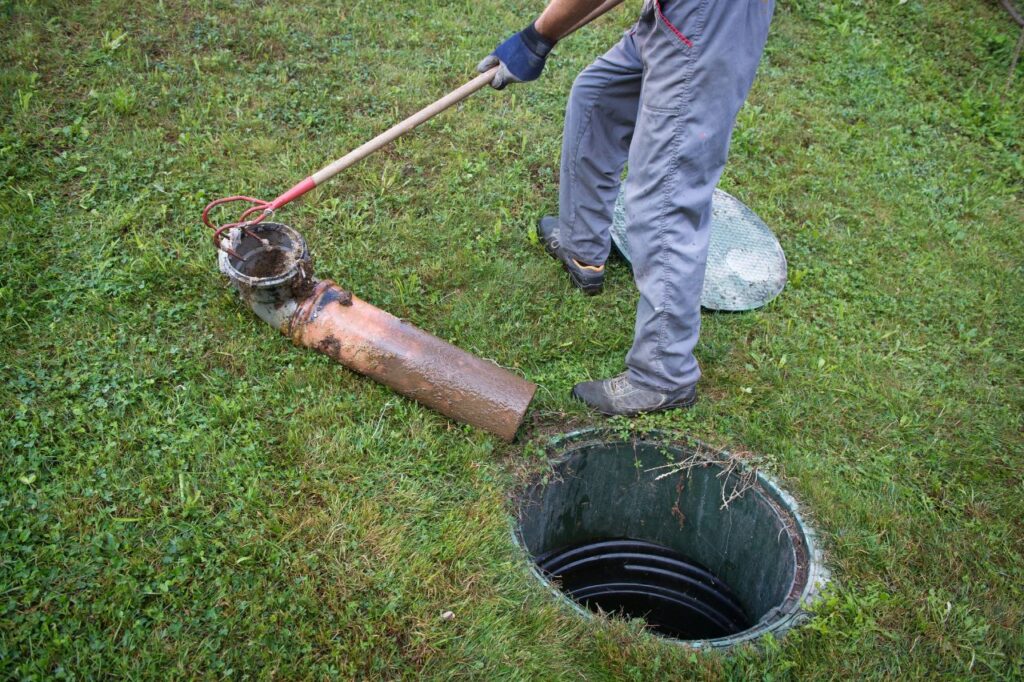Maintenance
7 Quick and Easy Maintenance Tips to Keep your Septic Tank Working
Keeping your septic tank operating at its best doesn’t have to be a daunting task. With these simple tips, you can maintain optimal performance and have peace of mind that your tank is functioning properly all year round.
Perform Regular Inspections and Pumping
Regular inspections and pumping of your septic tank are essential for its continued functionality. For optimal performance, a septic tank should be inspected and pumped every three to five years depending on the size of your tank, the number of people in your household and various other factors. Inspector can check for any signs of damage or wear-and-tear and detect any potential problems before they become too serious.
Invest in a Quality Septic Tank Lid
Investing in a quality septic tank lid is an easy and cost-effective way to prevent unwanted debris from entering your septic system. A well-made, sealed lid will keep roots, soil, and other debris from infiltrating your tank and potentially compromising its structural integrity. The added benefit of choosing a quality lid is that it also serves as a deterrent against curious children and animals who may try to open the lid.
Don’t Plant Trees or Bushes Near the Septic Tank
Trees and large bushes can cause a lot of damage to your septic tank system. While their roots may seem small and harmless, they’re actually very strong and can grow deep into the ground – taking up precious space around the tank, as well as putting immense pressure on pipes. Additionally, debris from trees such as leaves, and seeds can easily enter your septic tank and clog its filtration systems. It’s important to maintain a safe distance between your vegetation and the tank for optimal performance.
Have Water Runoffs Diverted Away from Your System
By diverting the rainwater away from your septic tank, you will be able to prevent possible flooding and overflow. Make sure that water runoffs from downspouts, driveways or patios don’t lead to the tank – otherwise you run the risk of destabilizing it. It is also recommended to use a drywell system for any other surface runoff that could eventually make its way into your tank.
Be Wary of What You Flush Down the Toilet or Drain
It is important to know that only human waste and toilet paper should ever be flushed down the toilet. Other items, such as grease, flushable wipes, cotton swabs, feminine hygiene products and diapers can clog your septic tank over time if they find their way in. Many of these items are simply not biodegradable and are therefore very problematic. Keep them separate at all times!

